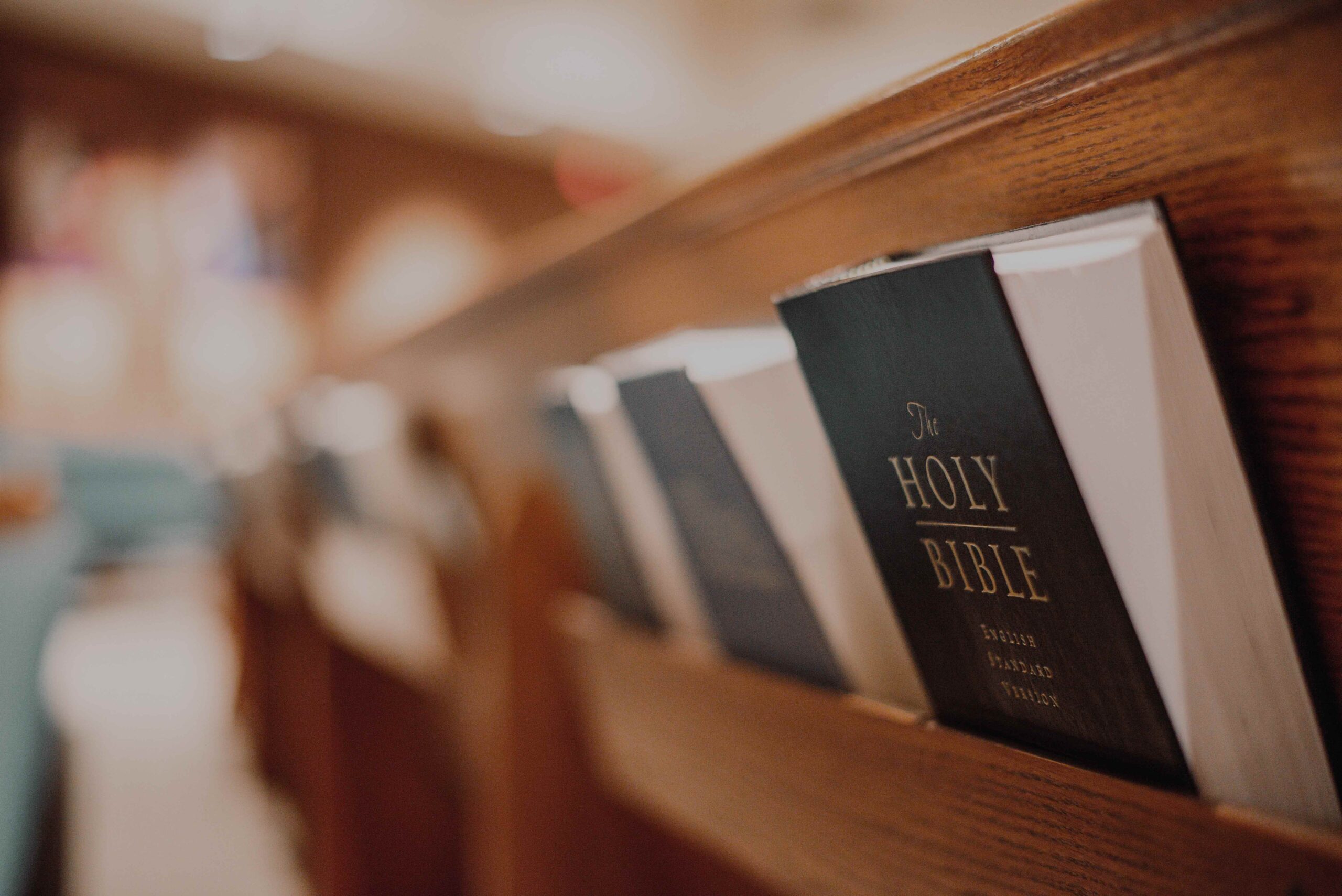BARBARANNE KELLY | CONTRIBUTOR
It’s always an occasion of joy when on a Sunday morning one of the families in our church brings their child (or children) for baptism, or when children of the church are admitted to the Lord’s Table. Though these sacraments reflect the sacred rites of an ancient people, separated from us by millennia, language, and geographic location, they hold deep significance for our church communities and the people in our pews today. When a child is baptized or when we take the Lord’s Supper, these are more than mere rituals and sweet traditions. The meaning behind them and the covenant promises they hold are an opportunity for reflection and remembrance for me as an individual, and for our whole congregation.
When God called Abraham into a covenant relationship with himself, he gave him the covenant sign of circumcision as a means of setting his family apart from the rest of the world and marking them as his own. The sign wasn’t a condition of belonging to the covenant people, but an indication that those so marked already belonged to the people of God. Over four hundred years later, God instituted the Passover through Moses. This too was a family-wide ceremony, a feast to remember the deliverance of the Lord. Those households sheltered under the blood of the lamb were “passed over” when the Lord visited his judgment of death upon the firstborn in Egypt. Circumcision and the Passover both required the shedding of blood, pointing forward to the blood of Christ shed upon the cross for the full and final cleansing and deliverance from sin and death for all those who belong to him by grace through faith.
Both of these covenant ceremonies were to be kept “throughout the generations” of the people of God, “for an everlasting covenant” (Gen. 17:7; Ex. 12:17). Yet though the covenant remains, in the New Covenant era, since our Lord Jesus has fulfilled the Old Covenant, the signs have necessarily changed. Bloodshed is no longer required. Instead, circumcision has been replaced with water baptism[1] (Col. 2:11–12). And our Lord Jesus instituted the Lord’s Supper of bread and wine—the cup of the new covenant in his blood, to be done in remembrance of him—to replace the killing of a lamb for the Passover ceremony (Luke 22:18–20).
It’s beautiful to see how the Lord meant for the celebration of the Passover to be a means of teaching the covenant children about his great deliverance of their people from slavery in Egypt: “And when your children say to you, ‘What do you mean by this service?’ you shall say, ‘It is the sacrifice of the Lord’s Passover, for he passed over the houses of the people of Israel in Egypt, when he struck the Egyptians but spared our houses.’ And the people bowed their heads and worshiped” (Ex. 12:26–27). In the same way, every time we as a church partake of the Lord’s Supper, we are “proclaiming the Lord’s death until he comes.” Together we remember what our Lord Jesus did to deliver us from slavery to sin and death, we rejoice in our salvation, and we bow our heads in worship.
The same holds true when we celebrate the baptism of our covenant children. As parents bring their infants or young children to the pastor and he speaks the words of God’s promises while pouring or sprinkling the water over their heads, I’m reminded that I had nothing to do with the washing of my soul in my regeneration. Just as helpless as an infant, the Lord took me in his steady grip and cleansed me from sin and death by the blood of his spotless Son. For the children baptized in our church family, I and our whole church vow and pray together with their parents that they will be granted saving faith in the Lord at such a young age that they would never remember a day when they didn’t love Jesus. As members of a covenant community, we the church play a role in the spiritual nurture of our children. In his excellent booklet, Why Do We Baptize Infants?, Bryan Chapell writes:
“In baptism, parents link the spiritual livelihood of their child to the spiritual life of the church. They promise to intertwine their family’s life of faith with the life of the church so that they and the child will hear wise counsel from others (including more experienced parents), encounter the reality of God’s presence in worship, and learn from the example of mature saints how God’s grace forms the beauty of the soul in both good and difficult circumstances. . . . as the church repeats its own testimony year after year, the whole body of Christ learns of its obligation and power to influence the eternity of her children.”[2]
Mere rituals or sweet traditions? No. These covenant ceremonies are deep, spiritual mysteries which reach back thousands of years to a childless nomadic shepherd who believed the God who promised him offspring more numerous than the stars in the sky and the grains of sand on the seashore. They speak of an entire nation of slaves, dramatically delivered from generations of bondage in Egypt. They point to the cross, where the eternal Son of God breathed his last and shed his blood to make sinners righteous. And they anticipate a glorious future, when there will be no more sin or death, but only love and life, and a wedding feast where we together with the entire covenant family of God will share the very best wine with our Bridegroom, the King of kings and the Lord of lords.
[1] For a fuller explanation of this change, I recommend Jason Helopoulos, Covenantal Baptism, Blessings of the Faith (Phillipsburg, NJ: P&R Publishing, 2021), and Bryan Chapell’s booklet, cited below.
[2] Bryan Chapell, Why Do We Baptize Infants? The Basics of the Faith (Phillipsburg, NJ: P&R Publishing, 2006), p. 25-26, 27
Photo by Mitchell Leach on Unsplash

Barbaranne Kelly
Barbaranne Kelly is a reader, writer, retreat speaker, hospitality enthusiast, and blogger at Grateful. She and her husband Jim are members of Christ Presbyterian Church in New Braunfels, Texas where she serves on the women’s ministry team and leads women’s Bible studies. God has blessed Barbaranne and Jim with two sons and three daughters, two sons-in-law, two daughters-in-law, and four delightful grandsons. In all her roles it is Barbaranne’s sincere hope that she and those to whom she ministers may have strength to comprehend with all the saints what is the breadth and length and height and depth and to know the love of Christ that surpasses knowledge.

